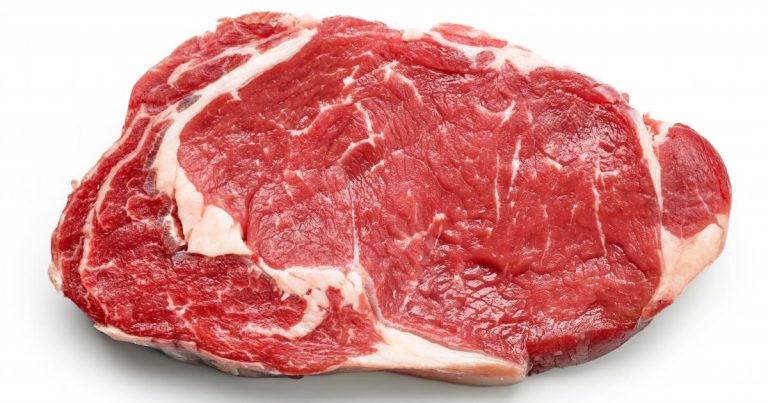There is often confusion about what qualifies as red meat. With the festive season approaching, many, especially in Africa and Nigeria, anticipate enjoying various types of meat. However, while indulging, it’s important to be mindful of habits that can affect long-term health.
Red meat includes beef, veal, lamb, mutton, pork, goat, and venison. It excludes poultry like chicken, turkey, and duck. Another category is processed meat, which includes meats that have been preserved through smoking, curing, or salting, such as suya, balango, sausages, ham, bacon, and canned meats like corned beef. Processed meats tend to be higher in fat and salt.
Nutritional value and health risks
Although it is a good source of nutrients and can be part of a healthy diet when consumed in moderation, it’s important to note that certain conditions, like Alpha-gal syndrome (AGS), a serious red meat allergy triggered by tick bites, require its total avoidance.
In general, reducing red meat consumption can protect against certain diseases. Strong research evidence links processed meat consumption to an increased risk of bowel cancer. This is due to nitrates used in processing. Reducing its intake, or choosing less processed options, can still provide essential nutrients like iron. Iron can also be sourced from alternatives such as eggs, poultry, fish, beans, and nuts.
The Nigerian context: Meat as a festive delicacy
In many Nigerian households, especially in middle- and lower-income families, red meat is often reserved for special occasions like weddings, religious festivals, and family gatherings. Given these indulgences, it’s essential to eat in moderation.
Let’s take a closer look at the health implications of overconsuming red meat and explore how eating it in moderation can contribute to a healthier lifestyle.
Health risks of excessive red meat consumption
- Increased Risk of Cancer: Scientific studies indicate that high consumption of red and processed meats can lead to colon cancer. A 2021 study in Cancer Discovery found that individuals who frequently ate processed meats showed specific DNA damage in colon tumours, implicating these foods as a risk factor for colon cancer.
- Higher Risk of Heart Disease: Heart disease remains a leading cause of death worldwide. A 2021 review from Oxford University found that eating an additional 50g of processed meat daily raises the risk of heart disease by 18%, while an extra 50g of red meat increases the risk by 9%. Combined, this equals a 27% higher risk for heart disease from an extra 100g of red and processed meat.
Health experts, like Verena A., a nurse at Nurse Across Borders, emphasize that excessive meat consumption can harm health, leading to heart issues, digestive problems, cancer, and kidney strain. Similarly, Dr. Christian Poulos, a leading medical doctor, warns that processed meats—such as sausages and bacon—are linked to heart disease and cancer.
Benefits of eating red meat in moderation
Eating red meat in moderation can still be beneficial. It is a rich source of iron, which helps boost metabolism and energy levels, improves heart health through its Vitamin B12 content, and supports muscle building.
According to The Royal Marsden, the recommended portion is about three servings per week, equating to 350g to 500g of cooked red meat. For those who eat meat sparingly, it’s important not to overindulge during festive periods, as this can lead to health risks.
Conclusion: Balance is key
Red meat can be part of a balanced diet when consumed in moderation and combined with fruits, vegetables, and grains. The key to a healthy lifestyle lies in what kind of meat you eat, how much, and how often.
Remember, health is wealth. Take care of your health today!



